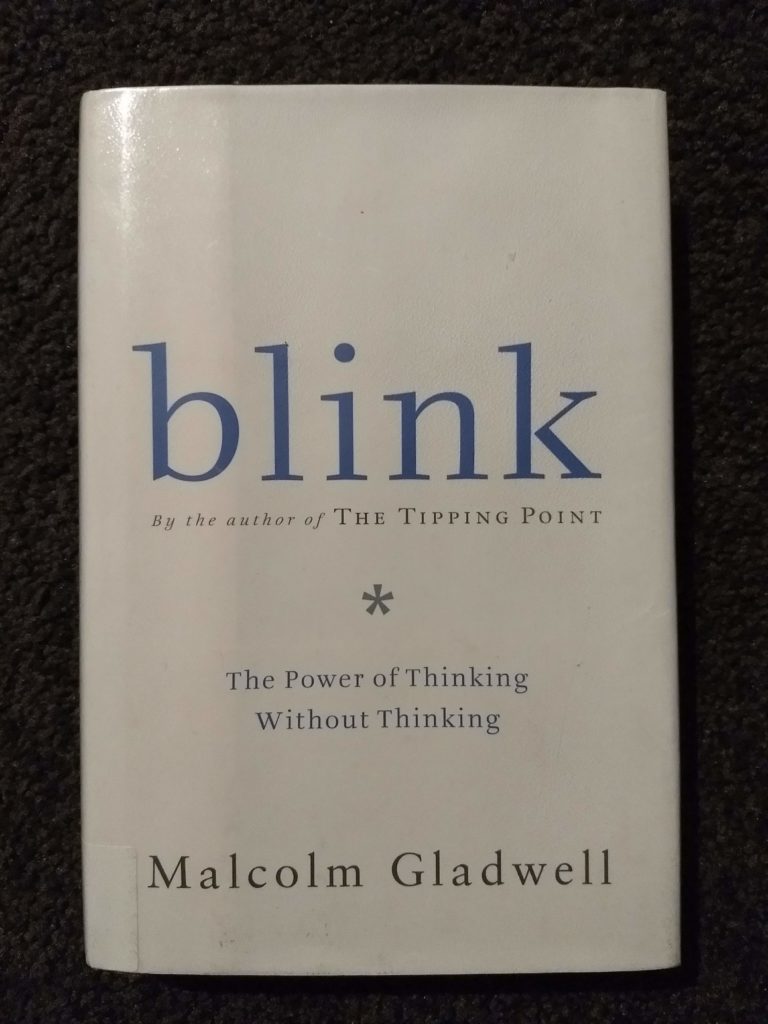


Not everyone born in January who plays hockey becomes a success right away, but there are other qualities that might help someone succeed. As an answer, Gladwell acknowledges that it does have a part, but it may not be as significant as you may believe. These fortunate children will be chosen for the finest teams, receive even better coaching, and practice with even better teammates, further enhancing their inherent advantage over children born after that year.Īs Gladwell discusses the benefits, one could ask if skill plays a part in success. This basically means that a child born in January will have a considerable edge over other children since he will be physically and cognitively developed. In the case of the hockey players, the order in which they were born was important to their success.įor example, 40% of the players in the hockey league were born between January and March, 30% between April and June, 20% between July and September, and 10% between October and December. While everyone believes that skill, intellect, hard effort, and a positive attitude are all important, Gladwell claims that an individual's success is greatly influenced by external circumstances. He reveals a unique statistic that defines the Canadian hockey league's selecting process. Surprisingly, he claims that our notion of success is fundamentally flawed. Throughout the first chapter, Malcolm discusses several discoveries.

Gladwell reveals the keys behind Bill Gates', the Beatles', star sportsmen', and other great individuals who have pushed the limits in their life. Gladwell says, in his own thought-provoking style, that the truth of success is much different, and that if people want to truly understand why individuals achieve, they need to look into other aspects of their lives, such as their birthplace, family, and birthdates. The intriguing riddle of why some individuals achieve considerably more than others is explored in the book Outliers.


 0 kommentar(er)
0 kommentar(er)
